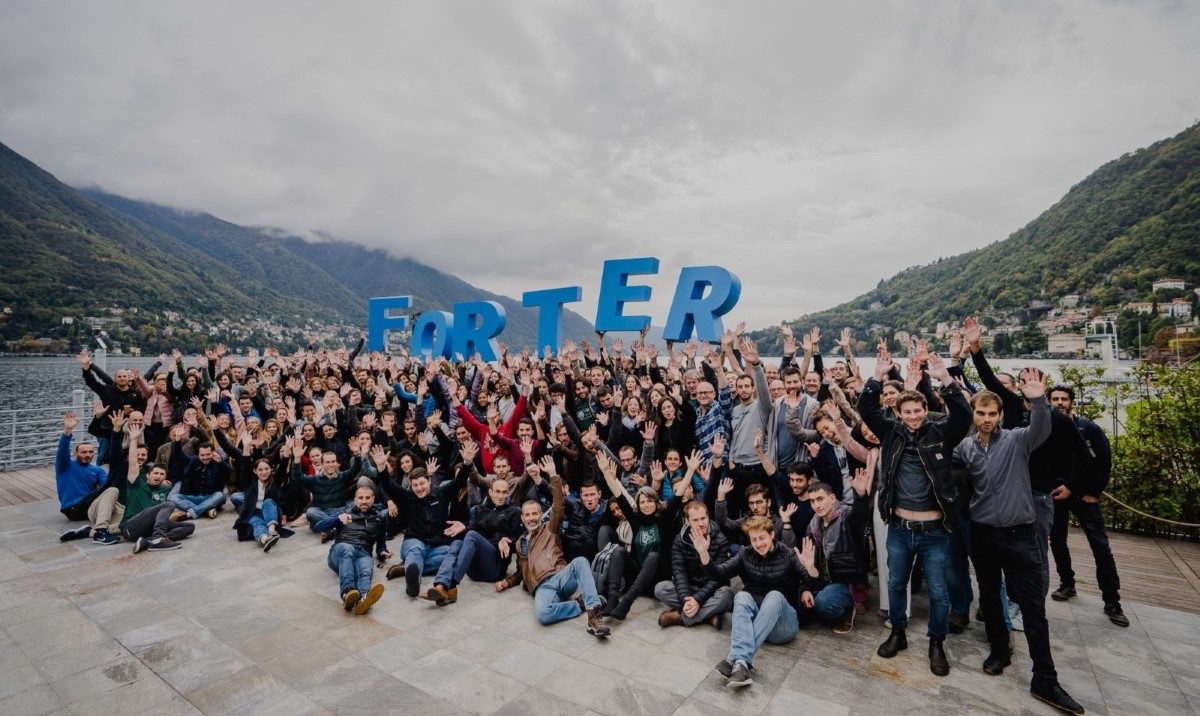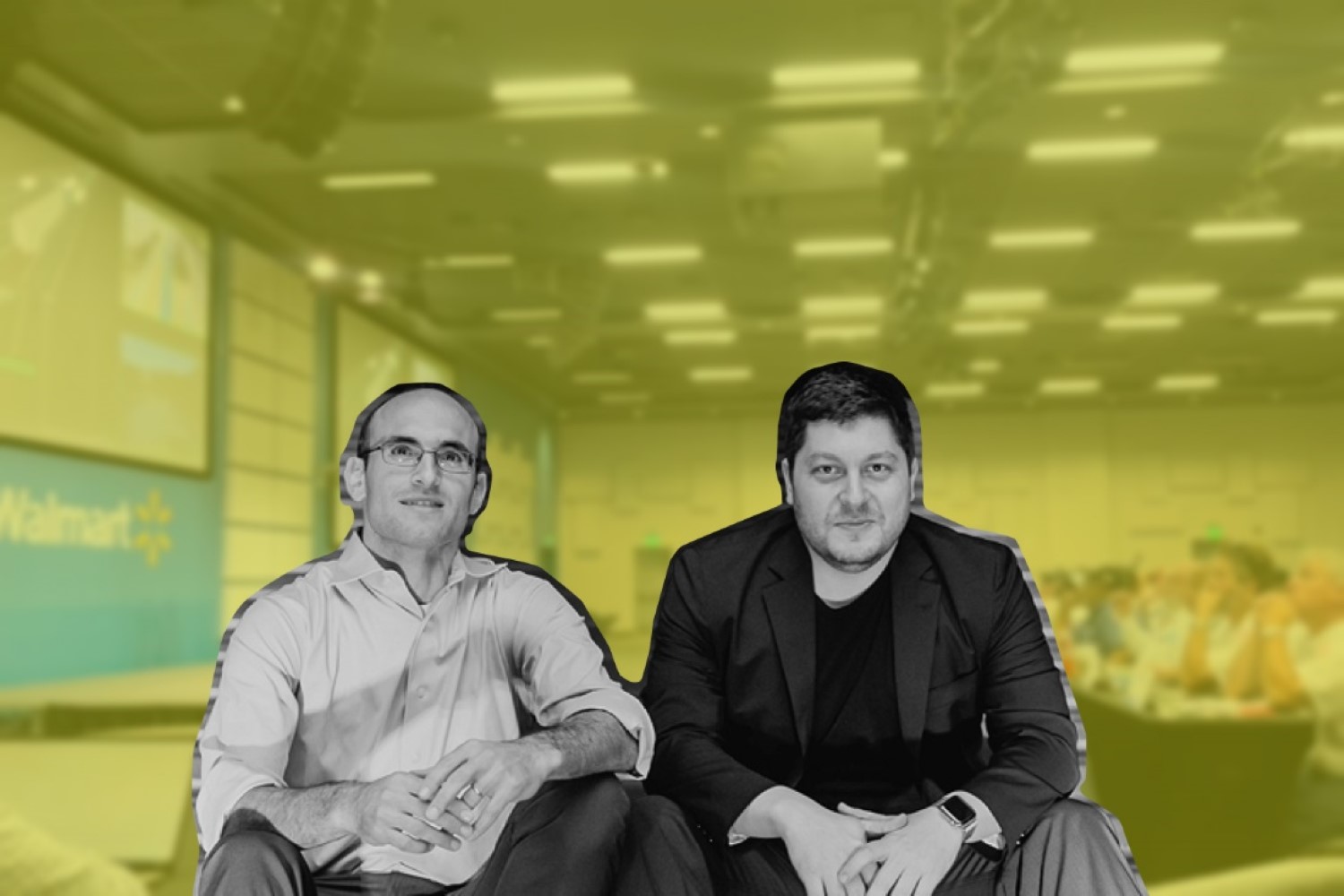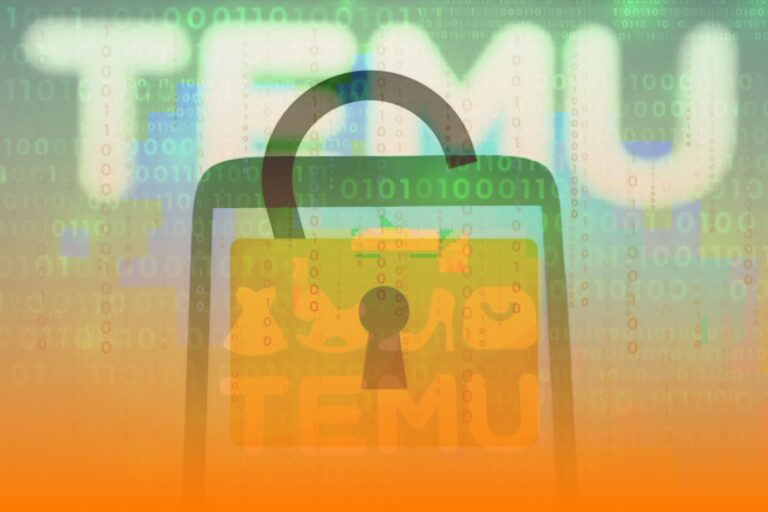Debunking How Forter “Capitalizes” on The Meteoric Rise of Digital Fraudsters
Over the last two decades, and even more specifically over the last year, due to the pandemic, there is a massive transition from brick-and-mortar retailers to the world of eCommerce. A business simply doesn’t exist if it doesn’t have a website where people can purchase its products online. The main issue is that these solutions are frequently blind to different fraud attempts, which results in an increase in false positive payments or when a legitimate customer has their order denied because there is even the slightest indication of possible fraud on the transaction. This problem can be a total business killer, as a customer who was denied will probably never return to the shop on the site again.
Not just at the point-of-sale, but much earlier, Forter’s automated system can determine in less than a second whether a payment is legitimate or potentially fraudulent. To spot potentially fraudulent activity developing in real-time, the platform establishes a sort of connected network between eCommerce retailers using the system and fraud prediction research and models.
The Online ‘Fraud Scanner’ of $500B-Worth Transactions and Beyond
Forter, under the direction of CEO Michael Reitblat, offers plug-and-play anti-e-commerce fraud solution technology that automates the review process by quickly analyzing profile data, behavioral data, and cyber intelligence and can reject fraudsters and/or approve customers in real-time.
The founders of Forter, including CEO Michael Reitblat, were intelligence officers in the Israeli Defense Force when they first learned about the capabilities of behavioral data and cyber intelligence technology. They later founded Fraud Sciences, a fraud prevention business that was eventually purchased by PayPal in 2008 for $169 million.
According to the update, Forter is “the Trust Platform for digital commerce.” They state to “make accurate, instant assessments of trustworthiness across every step of the buying journey.” Their ability “to isolate fraud and protect consumers is why Nordstrom, Sephora, Instacart, Adobe, Priceline and leaders across industries have trusted us to process more than $500 billion in transactions.”
Their deep understanding of identity and use of automation “helps businesses prevent fraud, maximize revenue and deliver superior experiences for their consumers.”
Forter claims that its algorithm examines tens of thousands of data points to “holistically” assess each online transaction, return of an item, or use of loyalty points that take place on a client’s website. Typically, the system takes the place of a customer’s internal fraud detection program, which may reject transactions if they meet certain broad criteria, such as if a prospective buyer lives in a nation with a high proportion of fraudulent transactions. At the end of 2019, Forter claimed to process about $100 billion worth of transactions annually.

Forter is a platform that aims to automate Fraud Science’s process of leveraging profile data, behavioral data, and cyber intelligence into the e-commerce experience for digital merchants. It was developed in Citigroup’s fintech accelerator program in Tel Aviv. Because the technology used by Forter is fully automated, transactions are approved or rejected in real-time. It also offers a chargeback protection program that offers 100% coverage for all its transactions. Forter claims that it reduces 85% of false declines while preventing 75% of fraudulent transactions on average.
“We don’t want to generalize, we don’t want to say ‘this address is bad,’ because an address is not good or bad,” explains Reitblat. “People can be bad, they can do bad things. Everything else is circumstantial, so we actually want to make sure that we’re letting all the good people through.”
What Makes Big Brands like Nordstrom, Instacart and Sephora Trust This ‘Fraud Watcher’
According to Begner, GM EMEA at Forter, historically, fraud prevention was handled using a rules-based system that required a lot of manual labor. Based on general rules intended to identify any potential risk, organizations cast a wide net. As a result, there were snags and false declines.
The results were important back then, and they are even more important now. Businesses lose the customer’s lifetime value and receive no compensation for the cost of acquiring them. As physical stores suffered, more people turned to online shopping. Since this is the only way many businesses can interact with their customers, businesses must make sure their fraud detection systems are both user-friendly and effective.
Those pressures can produce ineffective fraud detection systems that decline as much as 10 percent of legitimate transactions, Begner said, while adding for every legitimate dollar declined on what is a fraudulent attempt, $13 in legitimate sales are lost.
Simply, Forter wants to stop fraud in its tracks. Its fully automated software monitors customer behavior while they are on a specific website and uses machine learning and behavioral analytics to ascertain what a customer wants to purchase. The decision to flag the transaction as potentially fraudulent is made by Forter at the point of purchase. Its technology is used by well-known companies like Sephora, Instacart, and Nordstrom.
Michael Reitblat, Forter’s co-founder and CEO, claims the company’s technology has “set a new standard” for trust in e-commerce.
“Forter’s platform brings together merchants, banks and payment providers to dramatically improve authorization rates, eliminate false declines and allow consumers to shop with greater convenience and enjoy a more personalized, secure experience,” Reitblat said in a statement. “This transforms fraud prevention into a growth and revenue enablement engine for the entire consortium of participating merchants, ensuring our customers can attract, convert and retain the best shoppers.”

The review process is automated by Forter’s plug-and-play technology, which instantly analyzes profile data, behavioral data, and cyber intelligence. Forter focuses on combining customer-provided information with real-time site visitor behavior analysis, which is much harder to fake than other solutions that only verify customer-provided data.
The company’s solution deviates from the conventional method, which burdens retailers with processing fraud alerts while adding extra steps and aggravating customers. Instead, merchants incorporate Forter into their system and allow it to accept or reject transactions based on the fraud detection engine it has built using various types of data and patterns.
4-Year Setting a Concrete Foundation
In March 2014, Forter secured $3 million in Series A funding from Menlo Park, Calif.-based venture capital firm Sequoia Capital.
The announcement of the funding comes one month after Forter’s launch, which was made at the opening ceremony of Citi’s Innovation Center in Tel Aviv, a global fintech innovation hub where Forter spent the previous eight months developing the technology.
“We believe Forter has great potential to become a big company,” Shmil Levy, a partner at Sequoia Capital, said in a statement. “The company’s technology is innovative and the team is exceptional. There is no other technology in the e-commerce space that provides merchants with a solution that prevents their businesses from being hurt by fraud.”
Forter must be doing something right: after 8 months, they raised $15 million in Series B round from New Enterprise Associates and Sequoia Capital.
Forter used the funds in the second round to establish operations in the United States and recruited merchants handling $500 million in annual sales or more. Customers of Forter at the time processed only about $50 million annually, which was on the lower end. Lethal Performance, Jomashop, and Heels.com was a few of its current clients.
2 years later, in series C, Forter secured $32 million to continue its global growth and expand across the U.S.

The latest cash influx was led by new entrant Scale Venture Partners, with participation from existing investors Sequoia Capital and New Enterprise Associates.
Shmil Levy, a partner at Sequoia Capital Israel, said: “Sequoia invested in Forter to help the e-commerce industry by eliminating fraud. Forter is the first to introduce a next-generation solution by providing “fraud as a service ” based on a unique technology that eliminates men in the loop. It increases revenue and improves the user experience for merchants.”
In 2018, Forter secured more than $50M in a series D funding round after experiencing a growth of 1200% in just a year. That represents over 10% of all US commercial transactions that don’t involve Amazon.
The round was led by March Capital Partners, with participation from Salesforce Ventures and previous investors Sequoia Capital, Scale Venture Partners and New Enterprise Associates.
The money was used to make even more improvements to their staff and technology. But above all, they wanted to spend money on research to develop the platform and give their customers access to an ever-improving e-commerce experience.
“We’ve been seeing a major trend of offline commerce shifting online and the Forter team has built a solution to detect and prevent fraud across the payments ecosystem with the advantage of next-generation technology that leverages machine learning,” said Jamie Montgomery, Managing Director at March Capital Partners. “We’re excited to be involved with a company on the forefront of their industry and to watch Forter evolve as the fraud landscape grows more complex.”
Valuation Triples to $3 Billion in Six Months of the ‘Last Mile Race’
Forter raised $125 million in a series E funding round led by Bessemer Venture Partners and Itai Tsiddon, the co-founder of Lightricks Ltd. Scale Venture Partners, NewView Capital, Sequoia Capital, Felix Capital, March Capital Partners, and Commerce Ventures also participated in the round. The round raised Forter’s valuation to more than $1.3 billion, $225 million in total.
“The world has changed a lot in the past year. We are searching for solutions for eCommerce businesses, which already make up 15% of the total global trade,” Damri told Calcalist in an interview. “But we must keep in mind that many of our clients in the travel sector have suffered a major blow. We have reached a point that a coalition of electronic traders and significant financial players have formed around our company, who together boast trade volumes that are larger than those of Amazon. We are expediting the adoption of uninterrupted trade while preventing fraud. Since the eCommerce world has become extremely complex, with many sales and distribution channels and many forms of payment, the services, and options we offer have become far more significant.”

With the help of the new funding, Forter built a network based on trust between banks, payment processors, and online retailers to prevent fraud and give customers the security they need to shop with confidence. The business increased both the scope of solutions it offers and the size of its expanding global data network, which had grown twofold in the past year. More than 800 million shoppers at that time were protected by the network, which also handled more than $200 billion in annual trades.
“This year we doubled our team that spans eight global offices. We doubled our revenues and experienced our first positive cash flow quarter since founding“ said Reitblat. “Our growth this year enabled us to invest more in our platform and impact our clients and partners more. We will continue to be an independent company and grow our footprint in the electronic trade ecosystem.”
In May 2021, Forter disclosed that it raised $300 million in Series F funding to carry out its operations. The funding round, which was led by Tiger Global Management and included participation from well-known investors like Bessemer Venture Partners and Sequoia Capital, marked the end of a year of tremendous growth for Forter and reflected both the scope of the problem and the company’s thus far successful efforts to solve it.
“With the unprecedented rate of digital transformation and the fierce competition in creating the slickest user experience, superior fraud prevention plays an ever more critical role in e-commerce revenue growth,” John Curtius, a partner at Tiger Global Management, said in a statement. “After we talked with dozens of customers of every relevant solution in this space, it was very clear to us that Forter is the leader in performance and scale.” This information was released only six months after Forter’s $125 million Series E raised more than $1 billion, nearly tripling its valuation to $3 billion. According to the business, this makes Forter the most valuable privately held company in the history of the fraud prevention sector.









